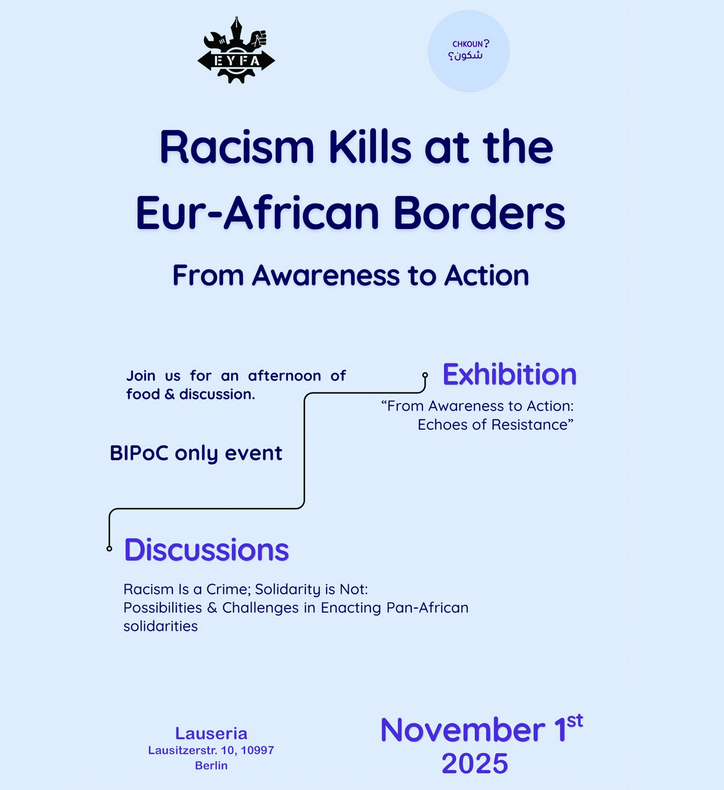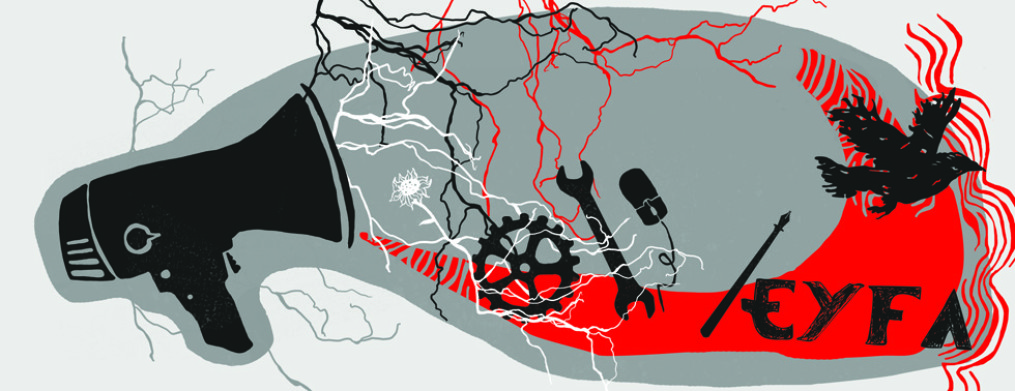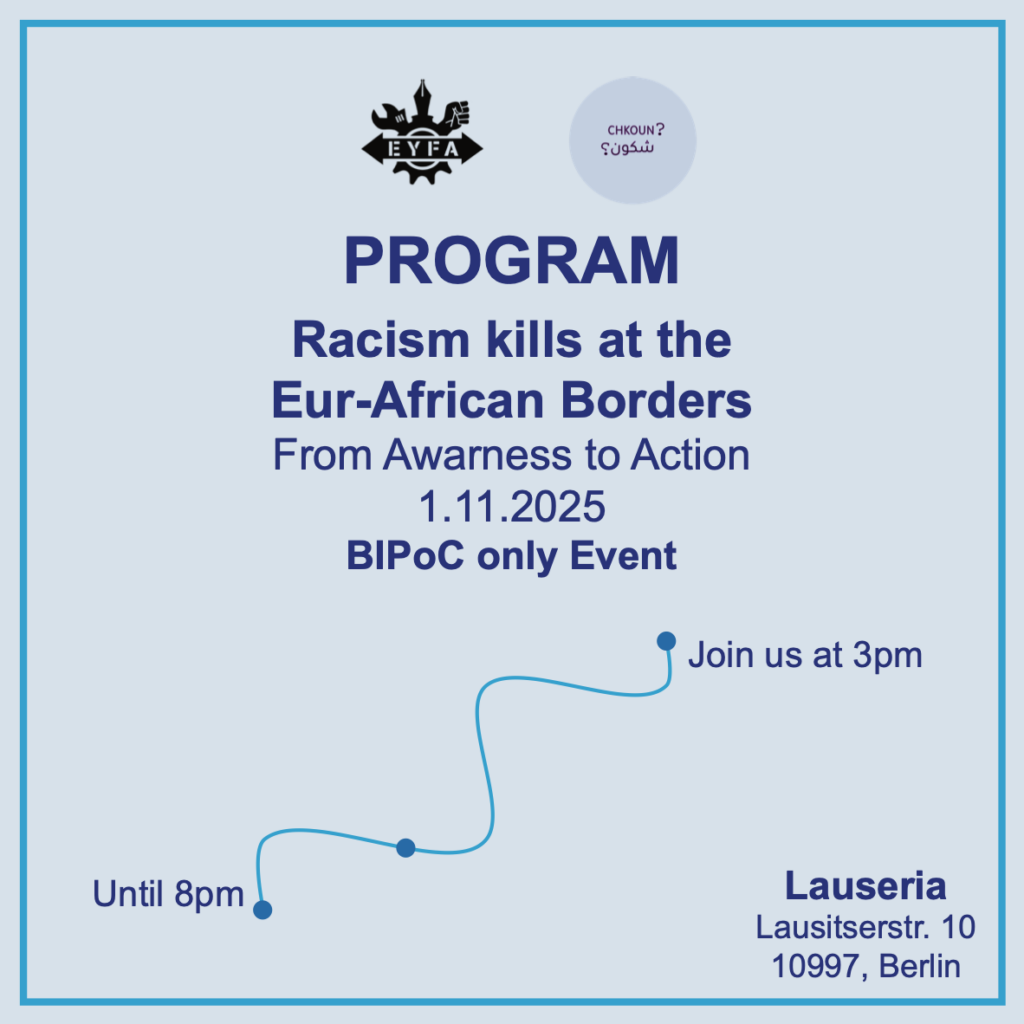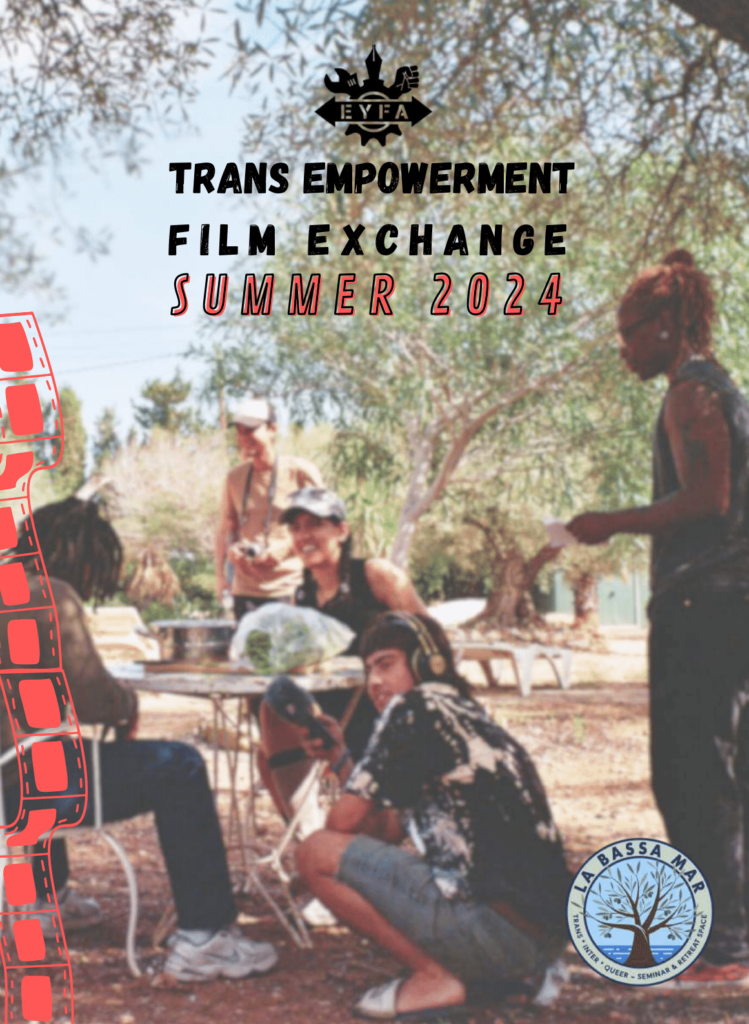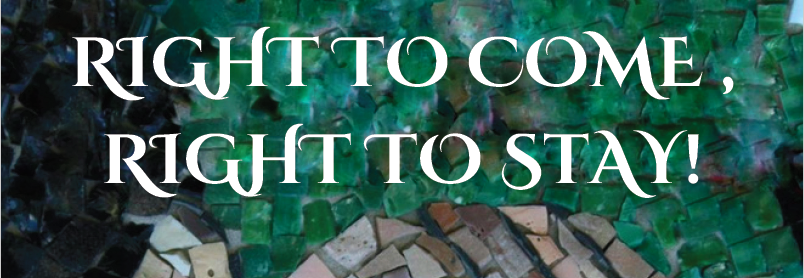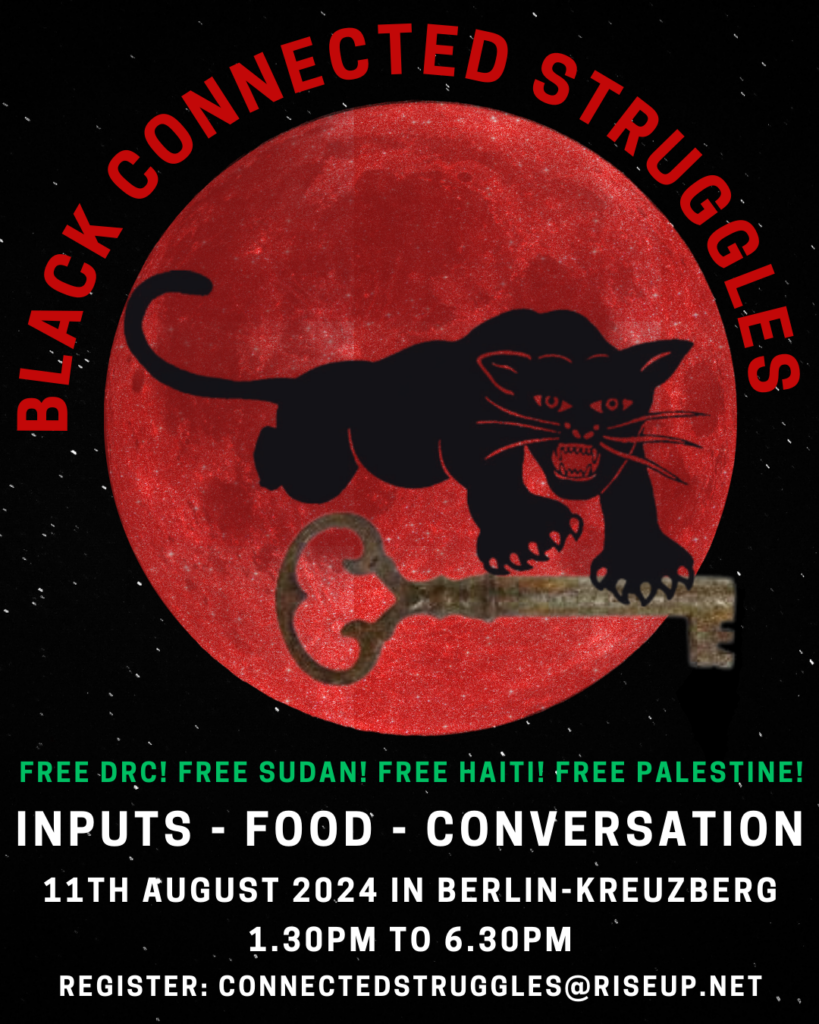Join Black Buddhist Lama Rod Owens for a free workshop on healing, rest, and homecoming for Black folks on September 18th.
Meditation & embodied tools as part of our project “Decolonial Queer Ecology”!
DEEP ROOTS
Join Black Buddhist Southern Queen Lama Rod Owens for a half-day workshop, offering a space of restoration, and reconnection for Black people. No matter how we think of home, it is a place that many of us need. Home is the experience of taking refuge in something that restores us through love. Homecoming is opening to how home is calling us into being held and cared for.
Drawing from Lama Rod’s transformative practice of the Seven Homecomings – Buddha, Dharma, Sangha, Ancestors, Earth, Silence, and Self – the session will explore what it means to truly come home to ourselves and to each other in the midst of apocalypse. This practice, shared in Lama Rod’s book Love and Rage, combines the three traditional sources of refuge in Buddhism with other important sources of refuge that embrace our diverse cultural, racial, sexual, and radical identities, so that we can bring our whole lives into this werk.
Come experience a simple yet empowering offering that will help us feel resourced with radical honesty, compassionate love, and a dedication to liberation for all.
DEEP BREATHS
You can take home practical tools for grounding, connection, and sustainability in your personal and political lives.
- Meditation, Movement, Ancestor, Love and Compassion practices to support emotional processing and release.
- Earth based rituals and practices in the garden, focusing on connection and our place within the ecosystem.
- Reflections on sustainable organizing for Black communities, with a focus on rest as resistance, spiritual abolitionism, and collective care.
The venue in Berlin Kreuzberg is accessible with a wheelchair and has a garden. If you have more questions regarding the accessibility reach out to eyfa@eyfa.org. There are very limited spots, sign up via the link. The event is free of charge, donations welcome at the event.
If you can’t make it please let us know early enough so your spot can be given to someone else. We especially encourage Black LGBTQI* folks to join the event.
FURTHER INFO
Venue
- The event takes place in Berlin Kreuzberg.
- The venue has indoor & garden space, bring warm cloths/a blanket.
Accessibility
- The venue is accessible by wheelchair.
- If you have further accessibility questions, feel free to reach out to eyfa@eyfa.org
- The workshop is held in english without sign language translation
Registration
- Spots are very limited, please sign up via the link provided.
- If you can’t make it, let us know in advance so we can offer your spot to someone else.
Cost
- The event is free of charge.
Who’s Invited?
- THE WORKSHOP IS FOR BLACK, AFRICAN, AFRODIASPORIC PEOPLE
- We especially encourage Black LGBTQI* folks to join.
We’re looking forward to your registrations HERE :))
Your EYFA Team
